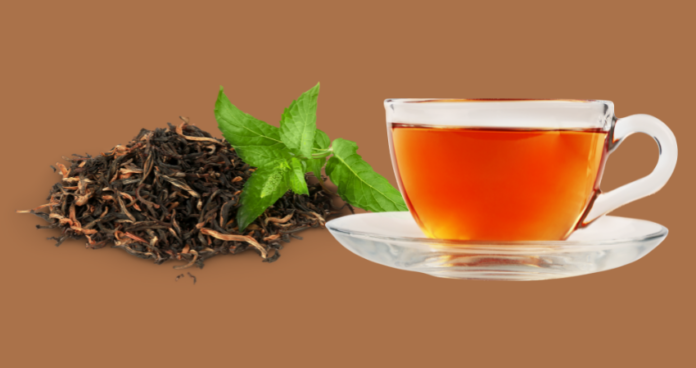BEIJING: “Tea is an integral part of our culture, a source of joy, and a staple in our conversations. It’s impossible to separate tea from a Pakistani’s life,” says Sadia Khatri, a writer from Karachi. “For us, any time is tea time.”
This sentiment captures the essence of Pakistan’s deep-rooted tea culture, which has propelled the nation to become the world’s largest importer of tea.
In the past year alone, Pakistan imported over $600 million worth of tea, equivalent to approximately RMB 4.033 billion.
According to the United Nations COMTRADE database on international trade, China’s tea exports to Pakistan reached $5.76 million in 2023.
“I’m here to explore and find the right tea varieties,” said Abdul Haq, a Pakistani trader attending the 17th Beijing International Tea Exhibition. “As the birthplace of tea, China holds a special place in the hearts of Pakistanis, who have a rich tea-drinking tradition.”
Pakistani consumers have a particular fondness for Chinese green tea, black tea, and oolong tea, with premium varieties highly prized in the market. “The tea trade between our nations transcends mere commerce; it reflects a cultural and emotional bond. The aroma of tea unites us,” Haq added.
He further elaborated on the tea culture in Pakistan, where black tea is the most popular, often brewed with milk, spices, lemon slices, or even chopped nuts. “Interestingly, young people in China are also embracing milk tea, which I see as a sign of our cultures blending and thriving together,” Haq noted.
Manzoor Ali, Counsellor at the Pakistani Embassy in China, expressed optimism about the future of Pak-China cooperation in the tea industry. “With over 200 million people, Pakistan is a major consumer of tea,” he remarked. “Our embassy has signed a Memorandum of Understanding (MOU) with the International Business Advisory Council of the China International Engineering Consulting Association (CAIEC).”
Ali highlighted that through collaboration with Chinese tea companies, Pakistan aims to not only meet domestic demand but also expand its reach into neighboring Islamic countries and even European markets.
He Qingyuan, a senior official at the Tea Research Institute of the Yunnan Academy of Agricultural Sciences, sees additional opportunities for collaboration. “Blending broken tea from China and Pakistan can create new products for the international market, offering a win-win situation for both industries,” Qingyuan stated.
In Pakistan, demand for broken black tea remains strong, particularly for use in teabags. Qingyuan noted that “broken black tea is relatively inexpensive in China, and Yunnan is exploring ways to boost its exports. Industrial transfer or guidance from Yunnan to Pakistan could significantly enhance Pak-China tea cooperation.”




